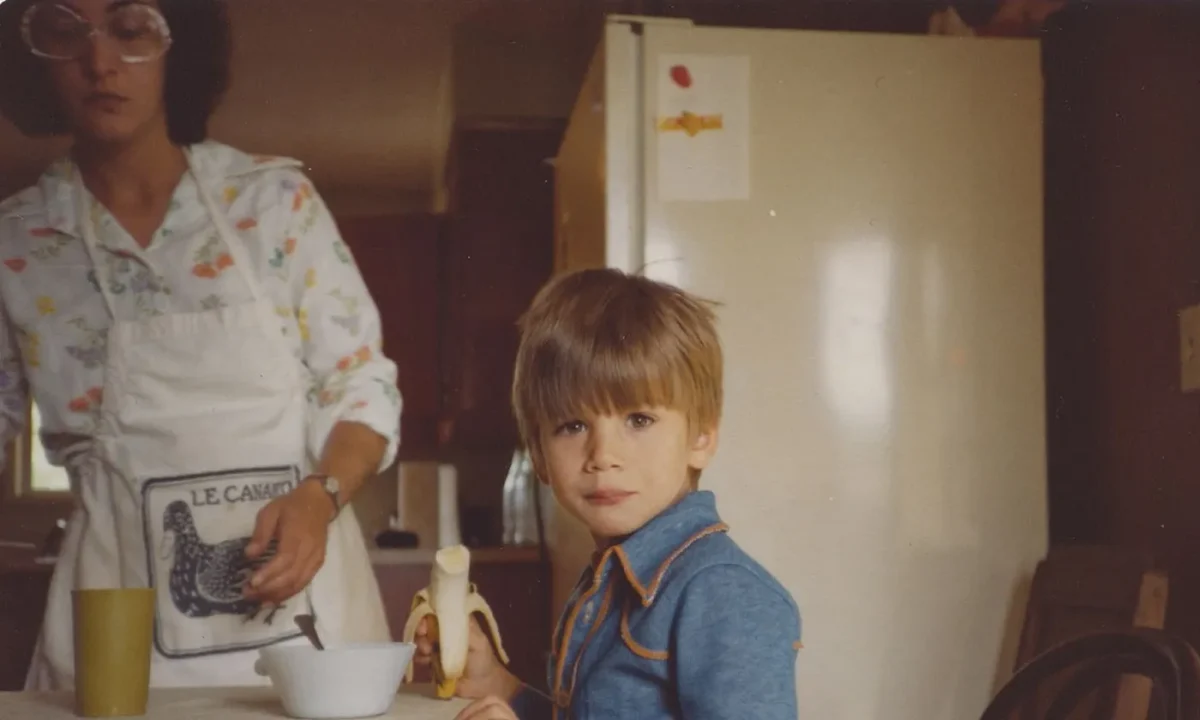Dolly Alderton’s new novel, “Good Material,” is the perfect blend of comedy and heartbreak reflections.
Thirty-five-year-old Andy is thrown for a loop when his girlfriend of almost four years, Jen, dumps him after a trip to Paris. He is left homeless, trying to kick start his career as a comedian and desperately searching for answers as to why Jen broke up with him.
Like the rest of Alderton’s repertoire, this book is hilarious. Andy is the quintessential wallowing man who just cannot seem to get it right. After miserably retreating to his best friend’s house, it seems nothing can go right for him. He can barely get his friends out for a night to cheer him up, he is ghosted by the first girl he flirts with post-breakup and he has no choice but to move in with an eccentric, Beatles fanatic in order to still live in London. To make matters worse, he must endure his comedian-friend achieving the height of his career success while his own career crumbles before his eyes. One cannot help but pity him, while also laughing as yet another part of his life crashes and burns.
“Good Material” breaks a barrier of the typical romantic comedy formula by showing that every story of heartbreak always has two sides. While the first 270 pages explore the ups and downs of Andy, the dumpee, the final third of the novel shifts unexpectedly to the perspective of the dumper, Jen.
From Andy, readers see a man who has been wronged, but is also obsessed with figuring out what went wrong in the relationship, leading him to unhealthy coping mechanisms like stalking Jen on social media before forcefully blocking her for his own sake and buying out her perfume from the pharmacy and symbolically dumping them into a river for his attempt at closure.
However, from Jen’s perspective, readers see the story of an equally grieving woman who could not reconcile her desire to be independent with the man who was not taking care of her, like she felt she was of him. While Andy assumes Jen has easily moved on, Alderton realistically emphasizes the complexity of Jen, who is just as obsessed with Andy and mulling over whether her decision was the right one.
Remarkably, Alderton does not sway readers to ultimately take Andy or Jen’s side. She shows valid reasons for each of their behaviors, and while readers may resonate more with one of them, Alderton does not neatly wrap up their stories.
Alderton also humanizes Andy and Jen by displaying both of them committing an embarrassing and borderline-obsessive post-breakup act: Andy uses a fake name to visit a therapist and tells the story of their breakup from what he thinks Jen’s perspective is, to determine which of them is in the wrong, and Jen catfishes Andy after also blocking him on Instagram in order to gauge how he feels post-breakup and in a desperate need to flirt with him again. From Andy’s perspective alone, readers may just see a pathetic man, but by narrating Jen’s equally deranged heartbreak behavior, Alderton paints a more authentic picture of the unpredictability of broken hearts and terminated relationships.
Moreover, Alderton suggests that fully receiving closure in a relationship is an impossible task. Relationships are, as Andy reflects, combinations of each person’s “self-made cultures” that represent who they are. Relationships carry artifacts of each person’s identity that are shared within the relationship, but when the relationships end, the artifacts linger and often enter the new relationships embarked upon. In other words, people never really leave other people’s lives for good.
Near the end, Jen reflects, “My twenties in London filled up with everything other than serious relationships—going out with friends, staying in with friends, flatshares, sex, raves, runs, spin classes, weddings, promotions,” and the list goes on. Dedicated fans of Alderton can’t help but see parallels between this proclamation and Alderton herself, who is ironically the same age as her characters, a young 35-year-old. The novel’s reflections on being serially single and entering one’s thirties without a serious relationship fit well with Alderton’s own experiences of singledom besides her friends’ serious relationships. She has often spoken of these experiences in her agony aunt advice column and memoir “Everything I Know About Love,” which documents many of the raunchy and hilarious stories of her twenties. At times, the novel seems to transcend out of fiction and into one of Alderton’s own columns, where she is speaking directly to the reader in a straightforward and gripping voice.
The novel is further nuanced by its chosen timeline. Beginning in the summer of 2019 and concluding in January 2020, where the characters read a newspaper headline warning, “Killer Virus Now ‘Spreading Fast,’” the looming pandemic heightens the novel’s theme that everything can change in an instant. Relationships that appear secure can crumble in a single conversation, comedy shows can be unexpected successes and transform someone’s career entirely, personal tragedies can explode into the most hilarious anecdotes and people can try on being in a long-term relationship like clothing before realizing that the style is not for them.
“Good Material” is a great introspective read on the ins and outs of heartbreak, while simultaneously reflecting on the anatomy of being single in the twenty-first century and the beauty of how all relationships, romantic or not, can break, shape and ultimately change other people’s lives.









